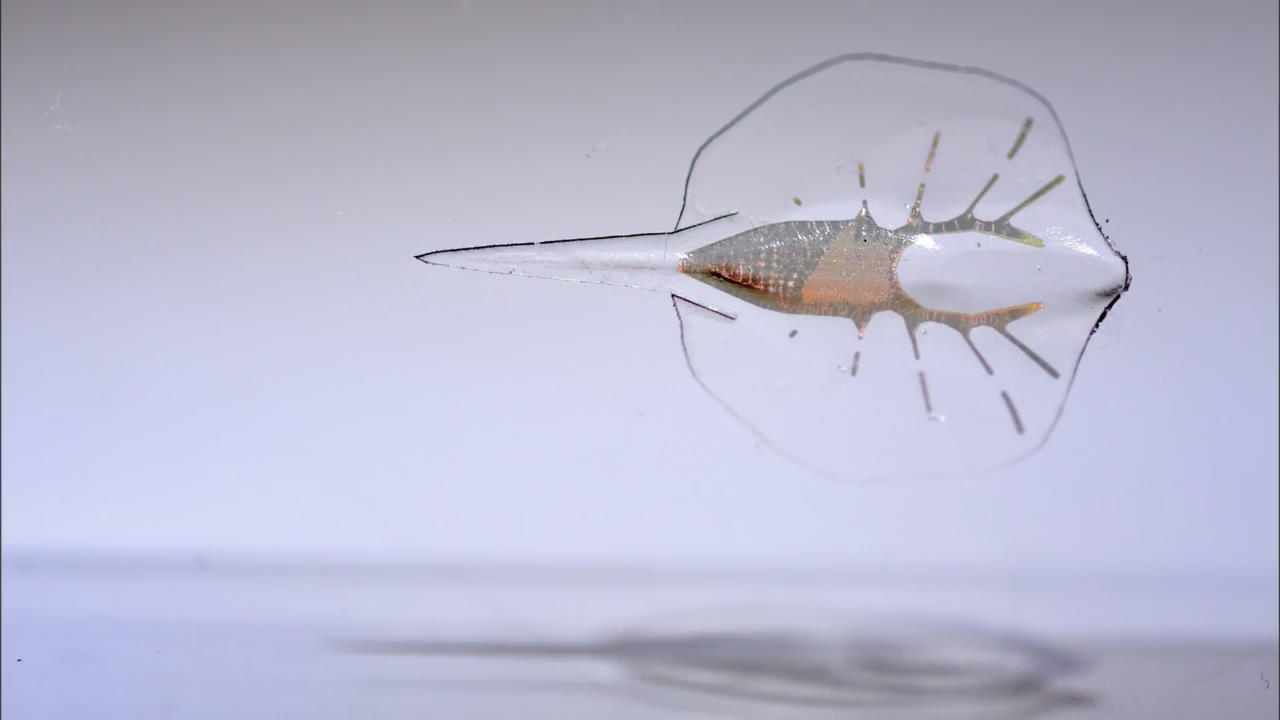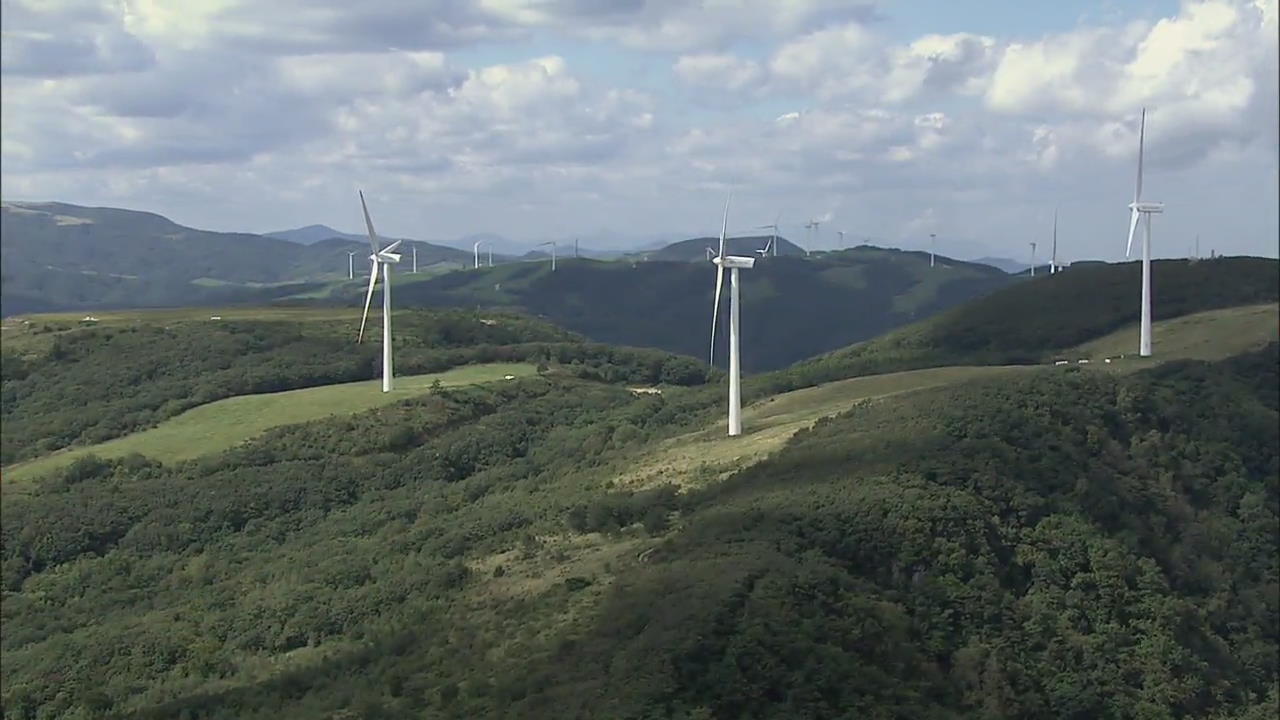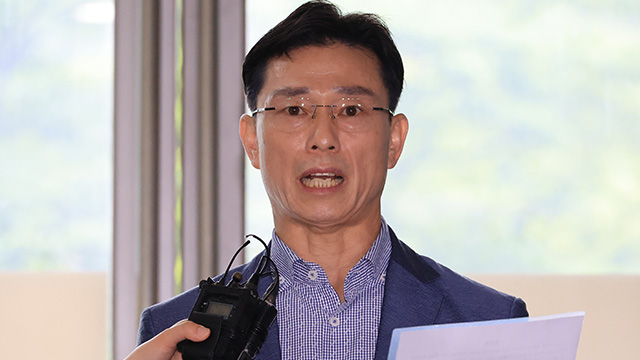Starter Cultures
입력 2016.07.08 (14:49)
수정 2016.07.08 (15:10)
읽어주기 기능은 크롬기반의
브라우저에서만 사용하실 수 있습니다.
[Anchor Lead]
The Rural Development Administration has discovered indigenous bacterial starter cultures used in fermented food in an attempt for mass production. The administration says that they are tastier and of better quality compared to foreign ones.
[Pkg]
The fermented soybean paste called 'doenjang' is indispensable in Korean cooking. But most of the starter cultures used to produce the doenjang on the market are Japanese. This is because managing their fermentation process is relatively easy, making them appropriate for mass production. Korea's Rural Development Administration embarked on a project of seeking out homemade doenjang made in the traditional way at individual homes, and separated some 14-hundred different starter cultures for a close analysis. They were eventually able to discover ten types of high quality indigenous fungus. Compared to Japan's aspergillus, Korean fungi contained 1.3 to 1.5 times more glutamic acid and aspartic acid, leading to a flavorful taste.
[Soundbite] Seo Bun-rye(Culinary Expert) : "Korean bean paste (doenjang) is all about growing the starter bacteria. The starter is alive even after 10, 20 and 30 years which develops deep flavors."
Experts also believe the indigenous fungi produce no fungal toxins such as aflatoxin which ensures a safe and stable production of fermented foods. The Rural Development Administration has applied for patents for the ten domestic starters and plans to distribute them en masse following safety certification and registration with the Ministry of Food and Drug Safety.
The Rural Development Administration has discovered indigenous bacterial starter cultures used in fermented food in an attempt for mass production. The administration says that they are tastier and of better quality compared to foreign ones.
[Pkg]
The fermented soybean paste called 'doenjang' is indispensable in Korean cooking. But most of the starter cultures used to produce the doenjang on the market are Japanese. This is because managing their fermentation process is relatively easy, making them appropriate for mass production. Korea's Rural Development Administration embarked on a project of seeking out homemade doenjang made in the traditional way at individual homes, and separated some 14-hundred different starter cultures for a close analysis. They were eventually able to discover ten types of high quality indigenous fungus. Compared to Japan's aspergillus, Korean fungi contained 1.3 to 1.5 times more glutamic acid and aspartic acid, leading to a flavorful taste.
[Soundbite] Seo Bun-rye(Culinary Expert) : "Korean bean paste (doenjang) is all about growing the starter bacteria. The starter is alive even after 10, 20 and 30 years which develops deep flavors."
Experts also believe the indigenous fungi produce no fungal toxins such as aflatoxin which ensures a safe and stable production of fermented foods. The Rural Development Administration has applied for patents for the ten domestic starters and plans to distribute them en masse following safety certification and registration with the Ministry of Food and Drug Safety.
■ 제보하기
▷ 카카오톡 : 'KBS제보' 검색, 채널 추가
▷ 전화 : 02-781-1234, 4444
▷ 이메일 : kbs1234@kbs.co.kr
▷ 유튜브, 네이버, 카카오에서도 KBS뉴스를 구독해주세요!
- Starter Cultures
-
- 입력 2016-07-08 14:52:19
- 수정2016-07-08 15:10:56

[Anchor Lead]
The Rural Development Administration has discovered indigenous bacterial starter cultures used in fermented food in an attempt for mass production. The administration says that they are tastier and of better quality compared to foreign ones.
[Pkg]
The fermented soybean paste called 'doenjang' is indispensable in Korean cooking. But most of the starter cultures used to produce the doenjang on the market are Japanese. This is because managing their fermentation process is relatively easy, making them appropriate for mass production. Korea's Rural Development Administration embarked on a project of seeking out homemade doenjang made in the traditional way at individual homes, and separated some 14-hundred different starter cultures for a close analysis. They were eventually able to discover ten types of high quality indigenous fungus. Compared to Japan's aspergillus, Korean fungi contained 1.3 to 1.5 times more glutamic acid and aspartic acid, leading to a flavorful taste.
[Soundbite] Seo Bun-rye(Culinary Expert) : "Korean bean paste (doenjang) is all about growing the starter bacteria. The starter is alive even after 10, 20 and 30 years which develops deep flavors."
Experts also believe the indigenous fungi produce no fungal toxins such as aflatoxin which ensures a safe and stable production of fermented foods. The Rural Development Administration has applied for patents for the ten domestic starters and plans to distribute them en masse following safety certification and registration with the Ministry of Food and Drug Safety.
The Rural Development Administration has discovered indigenous bacterial starter cultures used in fermented food in an attempt for mass production. The administration says that they are tastier and of better quality compared to foreign ones.
[Pkg]
The fermented soybean paste called 'doenjang' is indispensable in Korean cooking. But most of the starter cultures used to produce the doenjang on the market are Japanese. This is because managing their fermentation process is relatively easy, making them appropriate for mass production. Korea's Rural Development Administration embarked on a project of seeking out homemade doenjang made in the traditional way at individual homes, and separated some 14-hundred different starter cultures for a close analysis. They were eventually able to discover ten types of high quality indigenous fungus. Compared to Japan's aspergillus, Korean fungi contained 1.3 to 1.5 times more glutamic acid and aspartic acid, leading to a flavorful taste.
[Soundbite] Seo Bun-rye(Culinary Expert) : "Korean bean paste (doenjang) is all about growing the starter bacteria. The starter is alive even after 10, 20 and 30 years which develops deep flavors."
Experts also believe the indigenous fungi produce no fungal toxins such as aflatoxin which ensures a safe and stable production of fermented foods. The Rural Development Administration has applied for patents for the ten domestic starters and plans to distribute them en masse following safety certification and registration with the Ministry of Food and Drug Safety.
이 기사가 좋으셨다면
-
좋아요
0
-
응원해요
0
-
후속 원해요
0












![[속보] 여야, ‘3% 룰’ 포함 상법 개정안 처리 합의…집중투표제는 추가 논의](/data/layer/904/2025/07/20250702_NFYEwa.jpg)




이 기사에 대한 의견을 남겨주세요.